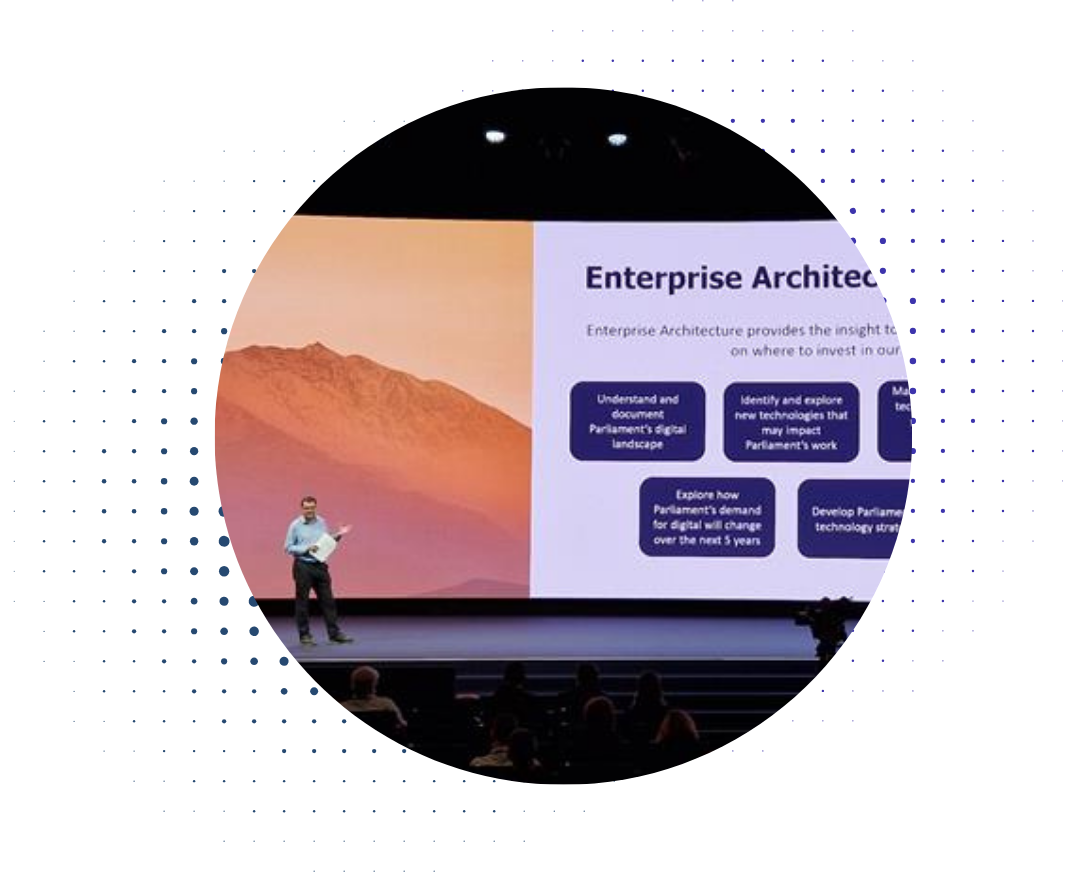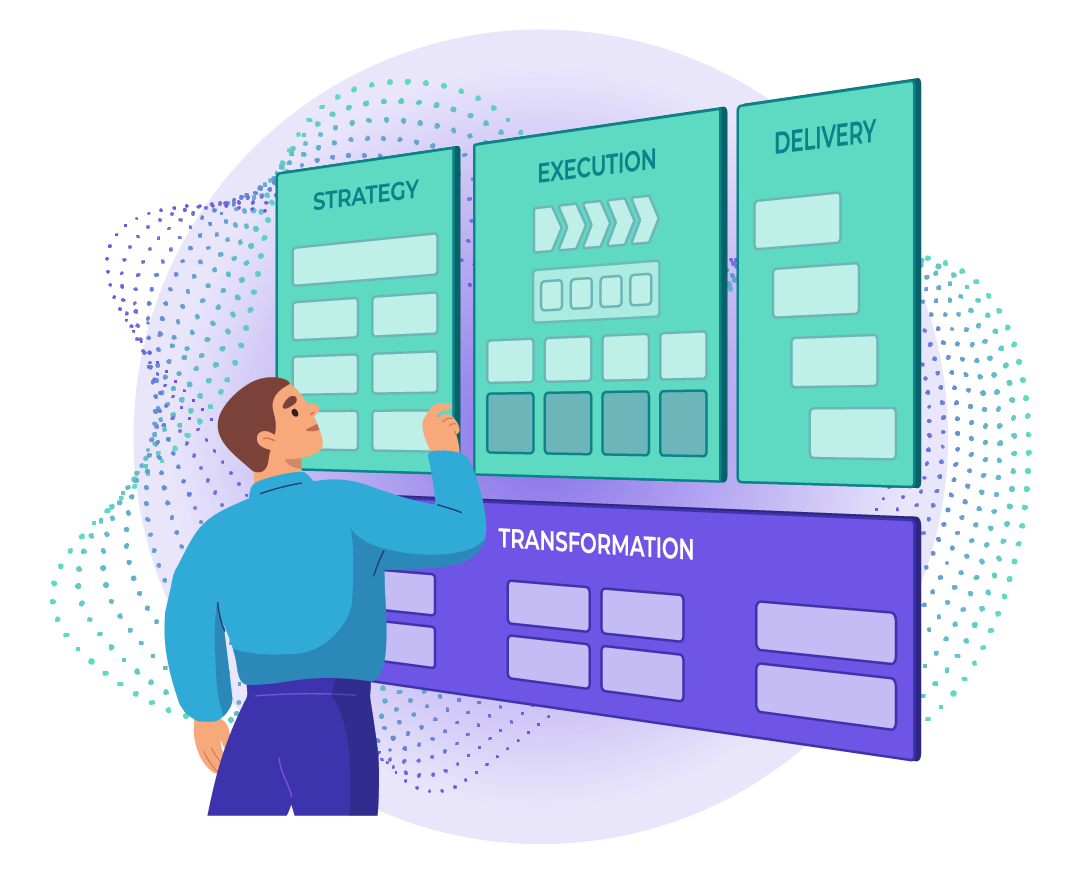Though notoriously difficult to recruit, business process employees will shape your business
When it comes to creating the processes that define your organization, hiring the right staff could be the difference between failure and success. Yet, while organizations are embracing business processes more and more, there is still a great deal of confusion as to some of the roles involved and the skillsets required.
With this in mind, I’ve created the following short guide to hiring business process staff, including the key roles and responsibilities.
So what are the most common process roles today, and what do they do?
Process Analyst / Business Process Analyst
Whilst the terms process analyst and business process analyst are often used interchangeably, the latter is more common place and the one you are likely to hear in today’s recruitment marketplaces. Business process analysts are typically involved with analyzing as-is processes, helping to redesign processes to take them to a to-be state and mapping processes. From time-to-time, they will also get involved with documenting the business requirements and test plans that result from process change (although this is best achieved by working in tandem with a “core” business analyst). Analysts typically have 3-5 years’ experience – more than this and they are typically referred to as senior business process analysts or process specialists.
Process Mapper
Process mappers are typically used to document processes in a mapping tool, such as Visio. They are generally junior roles where there is less of an expectation of re-design and more focus on capturing an already stable process.
Process / Procedural Writer
Process and procedural writers are again focused on documentation rather than improvement. They are typically highly skilled in written English and have excellent ability in Microsoft Word and Visio. By documenting the processes at a procedural level, these employees are able to create highly detailed operational or training materials.
Technical Writer
Technical writers are very similar to process and procedural writers, but they are more focused on creating technical content, for example documents relating to using products or information technology.
Process Architect
One of the less common roles, the process architect is typically a senior role focusing on how business processes interact with enterprise architecture. Those in this role are often involved with the setup of process improvement frameworks and methodologies, as well as managing a team of analysts. Their role may encompass a large region and they will often report directly to the c-suite or executive level regarding large programs of process improvement work. Staff performing these roles are typically highly experienced (10+ years).
Business Process Consultant
Business process consultants are highly experienced in all aspects of business process improvement. They are usually brought into projects on an as-needs basis to provide expert guidance, ensuring projects are a success. Although they often have the skills and experience to perform at the level of an architect, they are usually brought in on a short-term basis.
When hiring business process staff, it’s critically important to understand the size and scope of the project. Some projects may require a single business process analyst, whilst a major business transformation may utilize several or even all of these roles as part of a program of work - each role has their own unique skills that can contribute to process project success.




.png)


